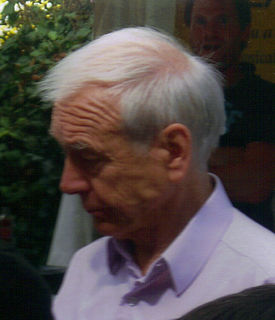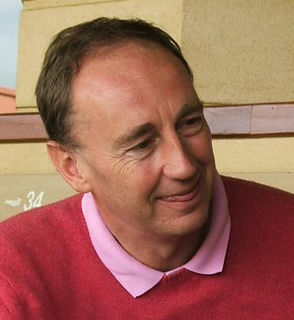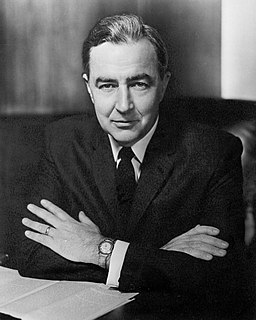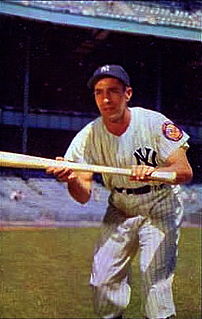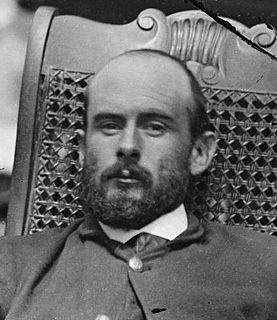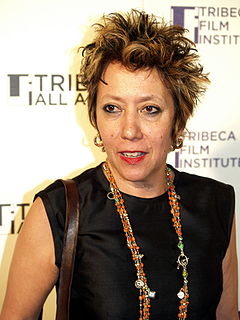A Quote by John Humphrys
It is largely on television and radio that real probing of what politicians are up to has to happen.
Quote Topics
Related Quotes
There is danger in the concentration of control in the television and radio networks, especially in the large television and radio stations; danger in the concentration of ownership in the press...and danger in the increasing concentration of selection by book publishers and reviewers and by the producers of radio and television programs.
I did television for a very long time, but if you're on television, words don't count. What the eye sees beats the words. If you switch sides, from radio to television, you learn that the wordiness that you learn on the radio is useless or not nearly as powerful, and you have to learn to trust that the eye will just beat the ear.
Reality television is to television what marble and gold are to real estate. The point is to dispense with the idea of taste. It's all id. The more unrestrained the better. We all know that 'reality' in reality television is not real. That anybody who would participate in reality television is a fake. But pretending otherwise makes them real.
In any case, the leading edge of our "on purpose" radio signals is 30 light-years away and, if intercepted, may mend the aliens' image of us based on the radio bubble of our television shows. But this will happen only if the aliens can somehow determine which type of signal comes closer to the truth of who we are, and what our cosmic identity deserves to be.
